Meet Tree Spinach, a remarkable and vibrant addition to your garden that not only offers ornamental value with its magenta stems and lush green leaves but also provides a nutritious leafy green for your culinary ventures. Also known as “Mexican Tree Spinach” or “Ceylon Spinach,” this plant is a heat-tolerant green that thrives in warm climates. Here’s a brief guide on how to cultivate Tree Spinach:
Growing Guide:
- Soil Preference: Choose well-draining, fertile soil with a neutral to slightly acidic pH. Tree Spinach appreciates soil rich in organic matter.
- Sunlight: Plant in a location that receives full sun to partial shade. Tree Spinach can tolerate some shade, making it versatile in various garden settings.
- Spacing: Allow sufficient space between plants, typically 12-18 inches apart, to accommodate the spreading nature of the plant.
- Watering: Keep the soil consistently moist. Tree Spinach benefits from regular watering, especially during dry periods.
As Tree Spinach matures, you can harvest the tender leaves for a variety of culinary uses, including salads, stir-fries, and sautés. This resilient and visually appealing plant adds both aesthetic and culinary value to your garden.
What to do when your plants arrive
- Unpack them. Your seedlings will arrive carefully packed in bio-degradable straw, cardboard and paper. They may look a little bit bedraggled from their journey. Don’t panic – this is totally normal and they should soon perk up. Please try and unpack your plants as soon as they arrive, as every extra hour they spend in the box will add to the stress of travelling to their new home.
- Give them a drink. Having spent a day or two in the post, your new plants will be thirsty! Stand them up in some fresh water for a few minutes to make sure their roots have been thoroughly soaked before planting.
- Plant them out into their forever home! Your plants can’t wait to get their roots into the soil. Plant them out according to the instructions that will have come in the box with them. Make sure you water them in well, and give them plenty to drink until their roots have had a chance to get settled.
Substitutions
As you well know, plants are unpredictable creatures and so is the British weather. As such, we reserve the right to substitute items in your order for an equivalent variety. To find out more about substitutions, please take a look at our terms and conditions.
Delivery
We charge a flat shipping fee of £6.99 per shipping season. If you order everything from one season ie Spring you will be charged once, if you order Spring and Summer you will be charged twice etc. We do not ship outside of the UK.
Where can I send a gift card?
All of our products are available to send to UK addresses only. The products that the recipient can redeem their gift card on will only be mailed to a UK postal address. Postage is free for physical Gift Cards, as well as on the products that can be redeemed.
Terms and Conditions
Please click here for further information including returns and refunds.
Planning your site
Lettuces and crops grown for their individual leaves need plenty of sunshine and moisture-retentive soil. They will grow well almost anywhere that you can provide these conditions – Raised beds or pots, beds or windowsill containers!
Growing tips
Try to give plants about 15cm between them although looseleaf and Oriental salad crops can be planted more closely together. Keep plants well watered, watering the soil not the leaves, particularly during dry spells and try to keep the weeds down avoid competition.Cover oriental salads and leafy plants with cloches for protection before the frosts if overwintering.
What to watch out for
The biggest issue facing lettuces and plants grown for their individual leaves is erratic watering. Be sure to try to keep to a regular watering plan, early in the morning before the sun gets hot if possible, with evening watering the next best choice. Many leafy crops are prone to bolting if they experience water stress. If your soil and plants are wet in the evening it may encourage slug and snails at night! If your lettuce plant wilts suddenly it could be a sign of pests in the roots and you will need to dig up the plant and dispose of it to avoid infection through your crop. Many of the hardier winter salad crops, especially the Oriental varieties are of the Brassica family so it is worth orienteering yourself with ‘what to watch out for’ in the Brassica plants section.
Only logged in customers who have purchased this product may leave a review.
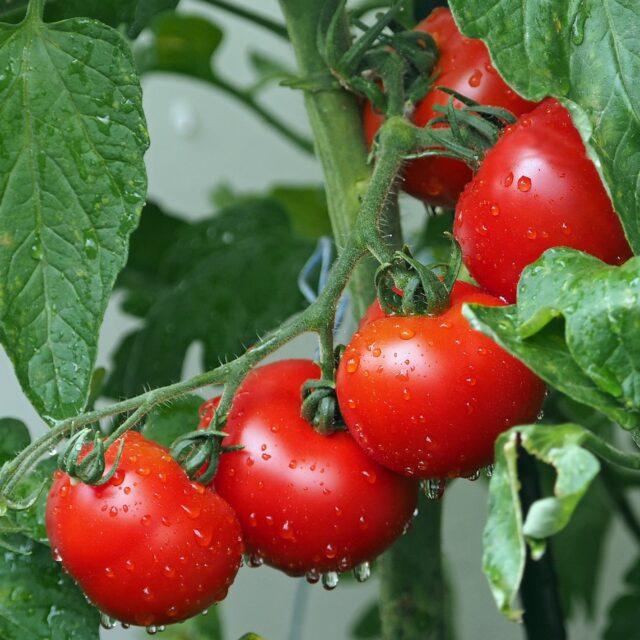
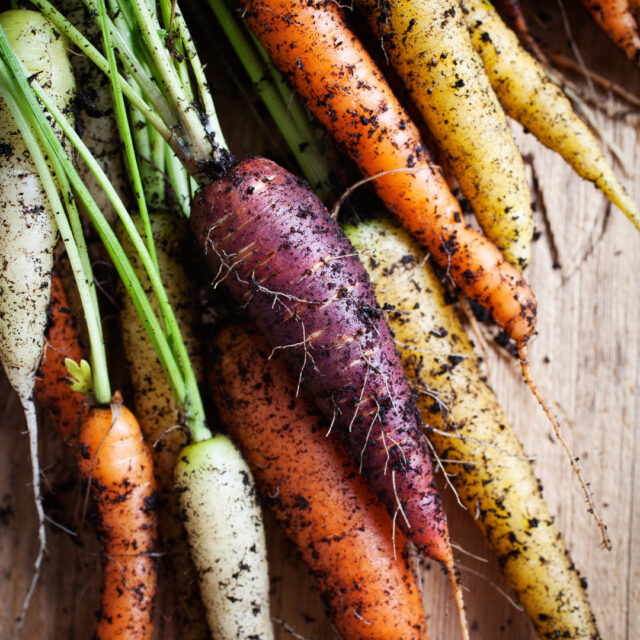
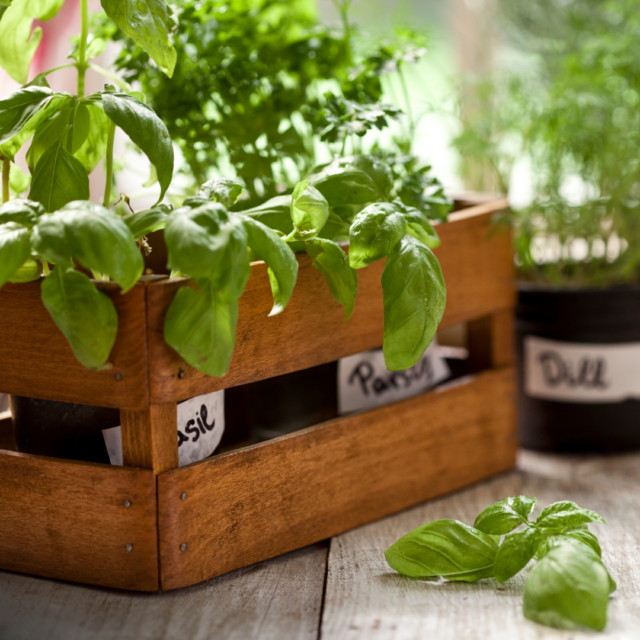
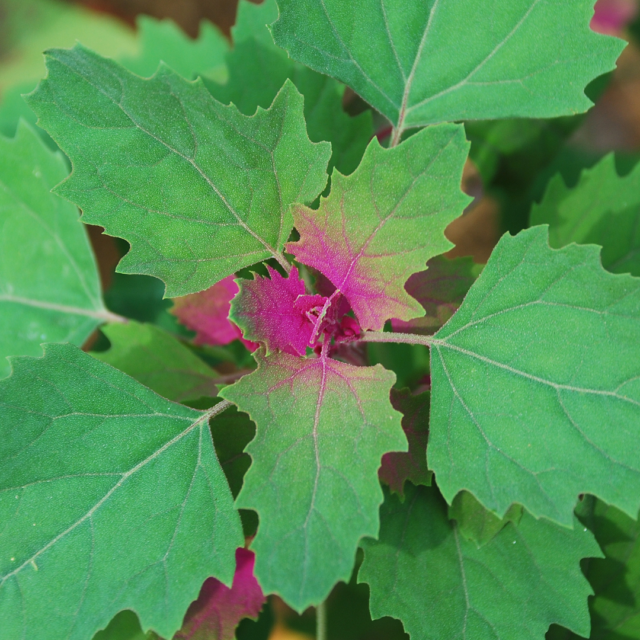
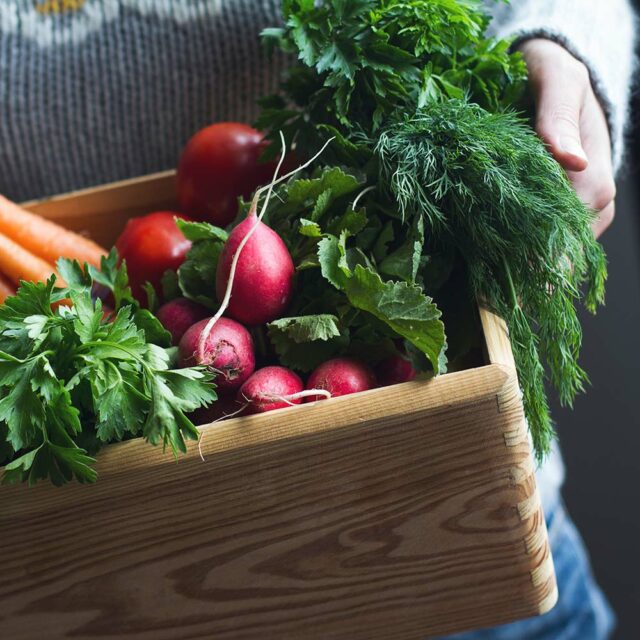
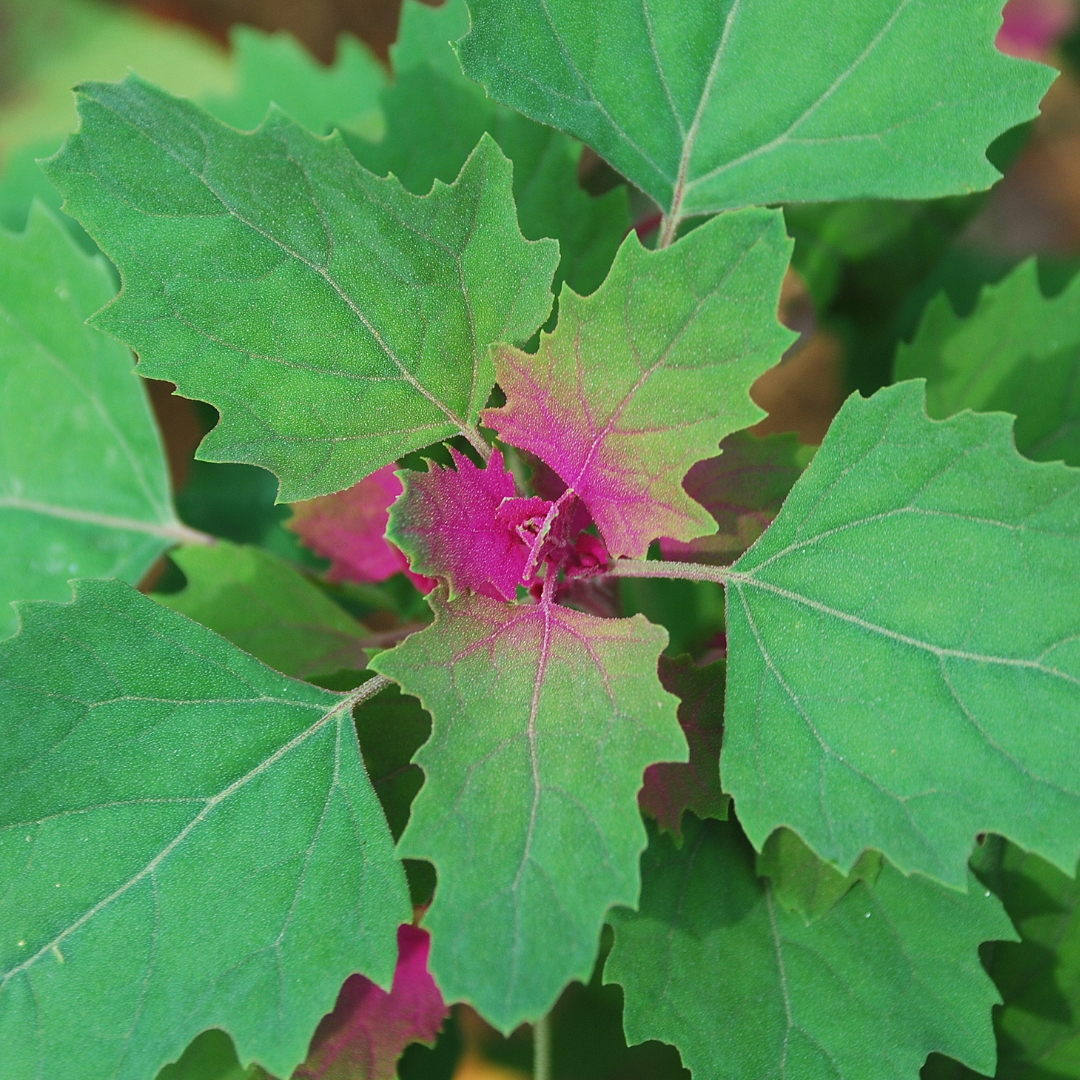
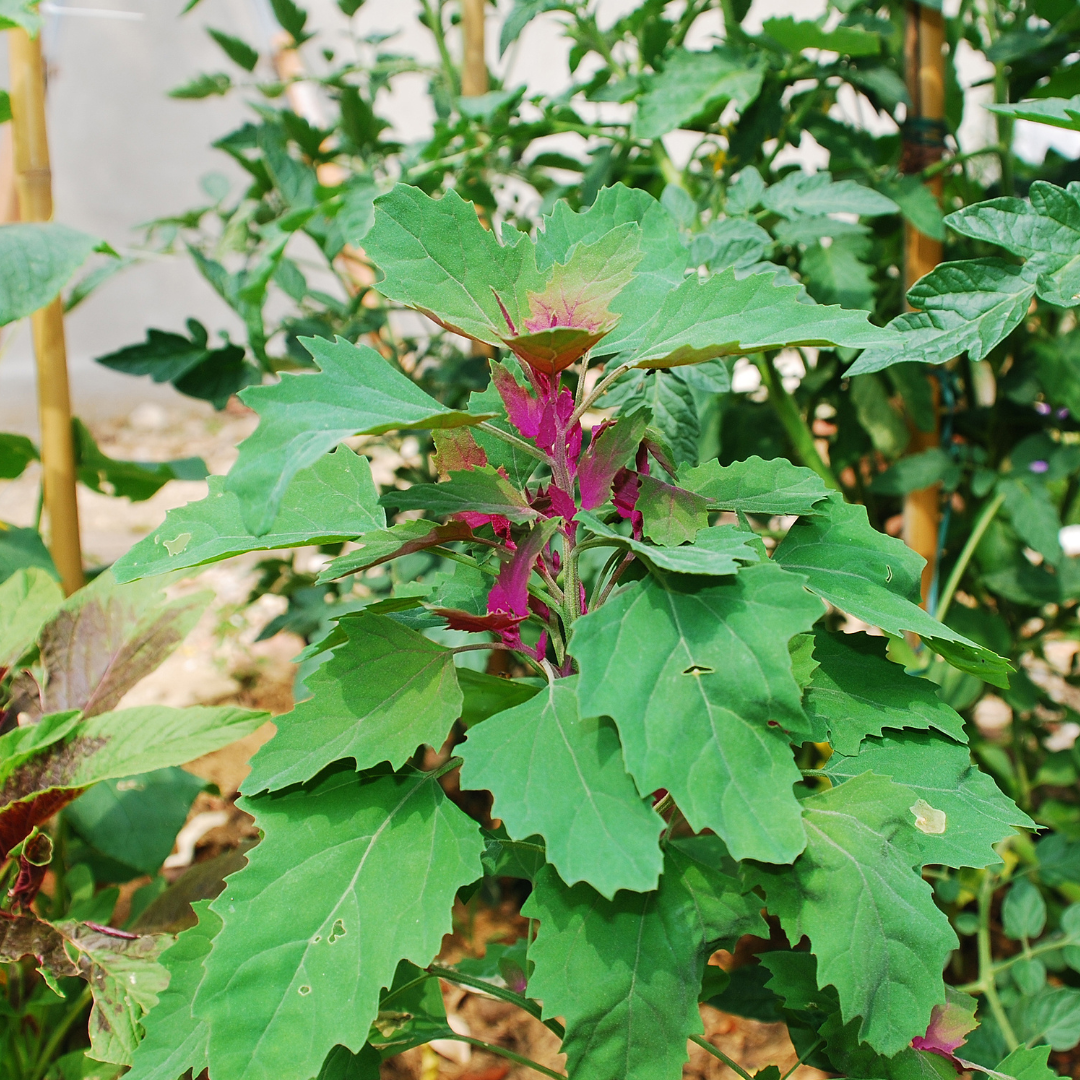
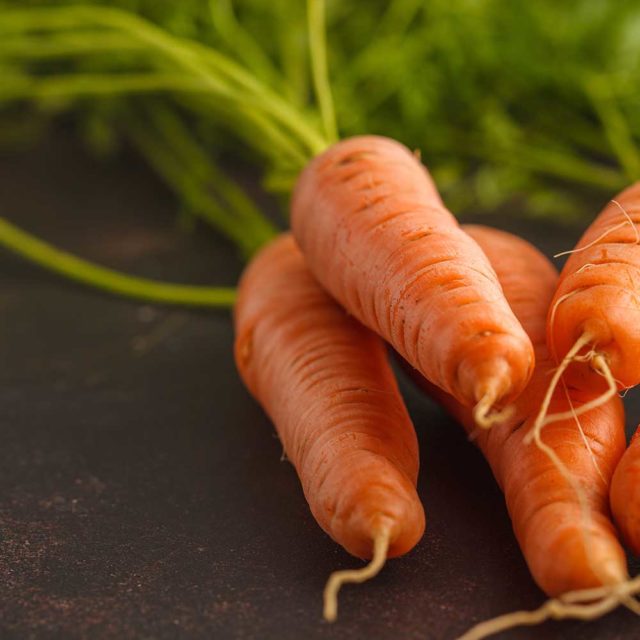
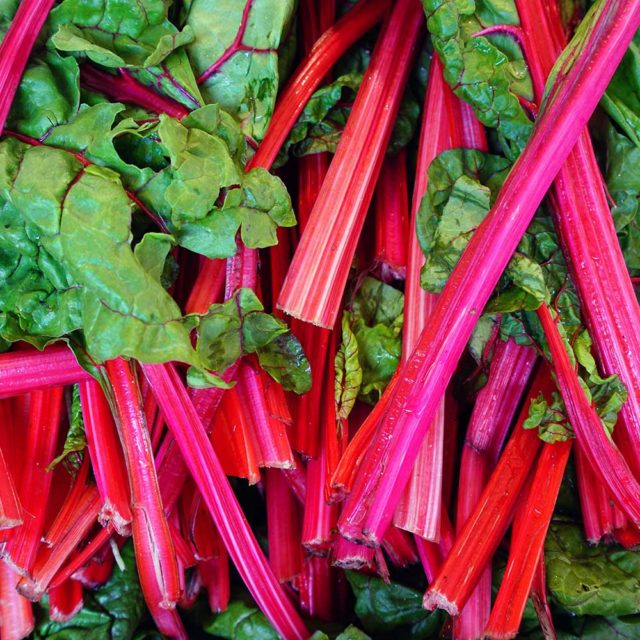
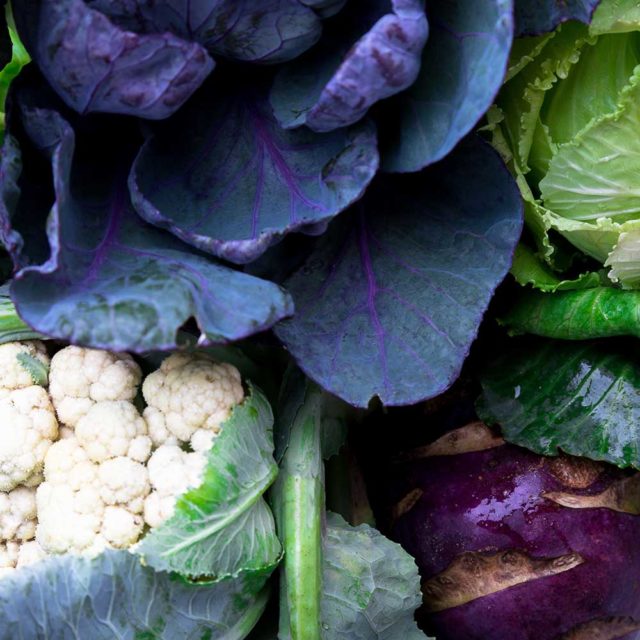
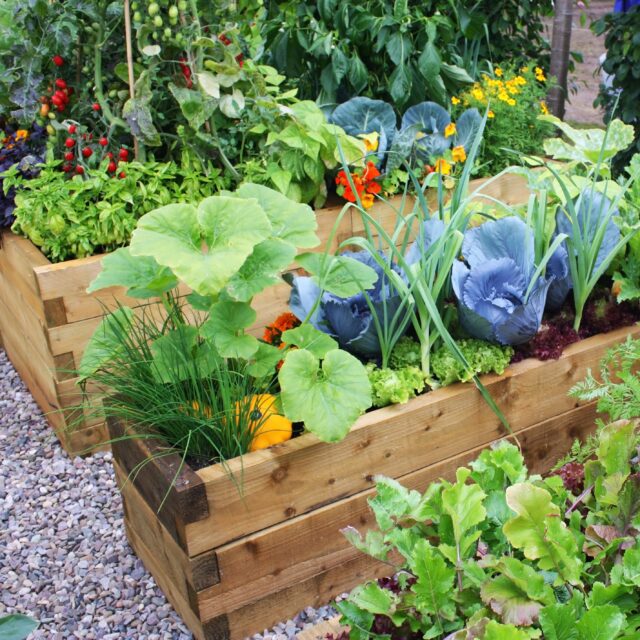
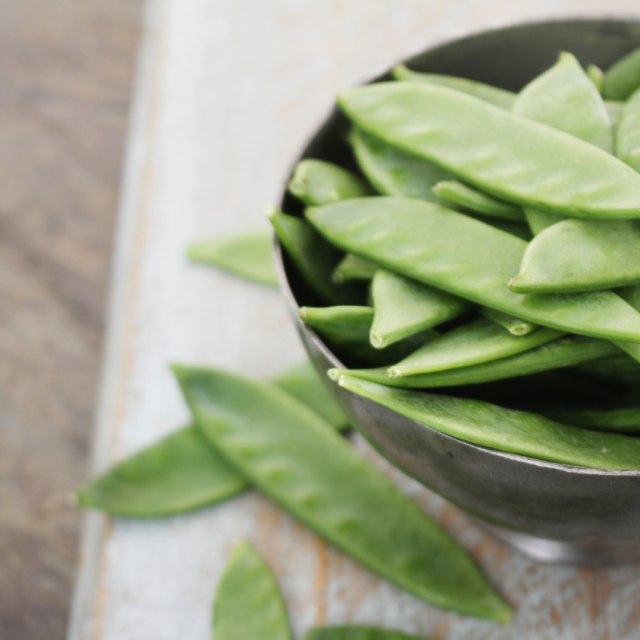

Reviews
There are no reviews yet.